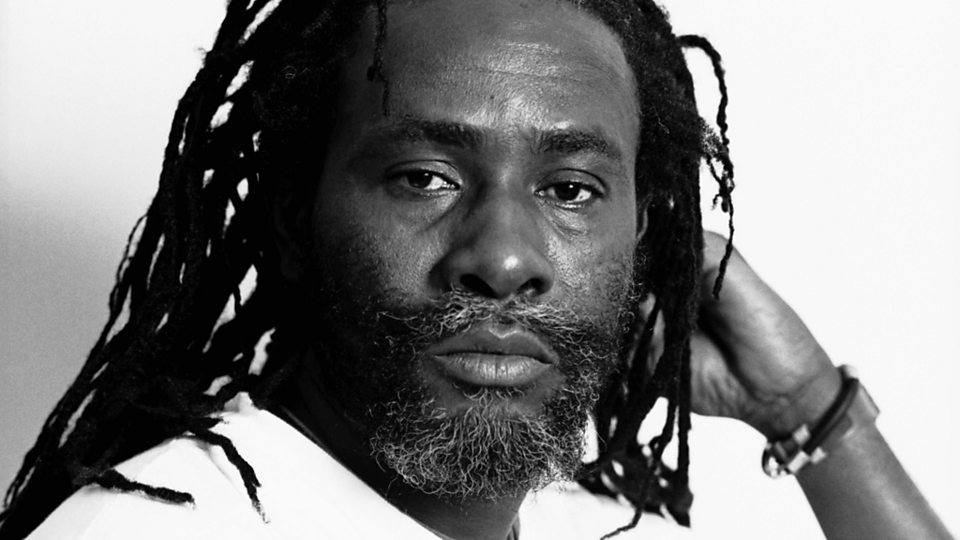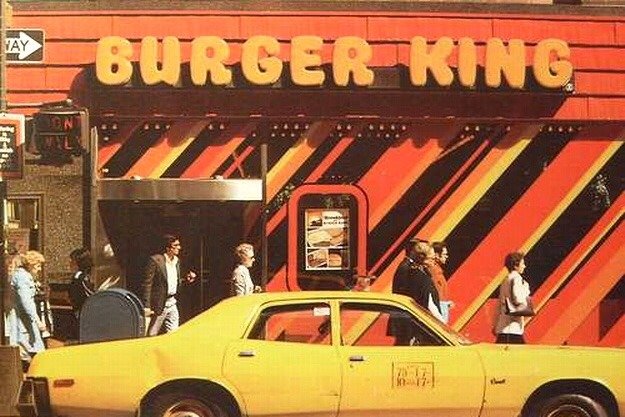
Why Burning Spear’s ‘Marcus Garvey’ Is a Classic That Can Never be Forgotten

For those unfamiliar with reggae music, there’s more to this wide-ranging genre than Bob Marley, who became iconic because of the unconventional blend of his compositions. One of the protégé of the Jamaica’s cultural beacon is Winston Rodney, or popularly known as Burning Spear.
Burning Spear Stage Name
Burning Spear, who hailed from Saint Ann, Jamaica, was catapulted to stardom in the late 1960s after the release of his single “Door Peep”. He was discovered by Marley while working for the reggae legend’s farm, hauling supplies, where they had the chance to talk about music. This meeting became a massive stepping stone in Rodney’s career and led to the all-important contract with the popular Studio One records, directed by none other than the reggae king himself.

Winston Rodney took inspiration from political leader Marcus Garvey’s philosophies
As for Rodney’s stage name, it was inspired by a military award named in honor of Jomo Kenyatta, Kenya’s first indigenous president. It is worth noting, however, that the moniker at times pertained to the trio that was composed by him: Delroy Hines, and Rupert Wellington, and sometimes just himself alone.
Obviously, Burning Spear is a man who takes inspiration from people who had impacted him and his beliefs one way or another, including Marley and Jamaican political icon Marcus Garvey. The latter resonated with him so much that Burning Spear made named his third album after him.
Who Is Marcus Garvey?
Who is this political hero that Rodney looks up to? Marcus Garvey was a prominent Jamaican personality best known for advocating black and African rights and was a multi-hyphenate leader who had effectively inspired fellowmen through his ideals. Coincidentally, the famed man was from the same town where Marley and Rodney were born and raised.

Marcus Garvey became instrumental in Burning Spear’s song-making
That said, it is safe to say that Burning Spear sits among other reggae artists who put his Rastafarian beliefs in spotlight via their music. Released on Dec. 12, 1975, “Marcus Garvey” became the avenue with which Rodney’s name started making a noise outside his country. His die-hard fans would know that his previous works were spectacular as well, but his third album saw a different, more energetic, and more passionate singer.
Vast Influence
“Marcus Garvey,” which was a deep and profound project between Rodney, Wellington, and Hines, was touted as one of the best reggae albums to be released. This was where Burning Spear highlighted the vast influence the political icon had on him as observed from the tracks, with more than one song getting the name as the title – one thing’s for sure, Rodney made sure to send the crucial message across through music.
A series of tracks from the album would prove how Burning Spear was dedicated to giving relevance to Garvey’s ideals and philosophies. It was obvious that his intent was to champion the influence he’d gotten from the icon. Perhaps one of the most meaningful of the songs was “Slavery Days,” which allows listeners to get a picture of the poverty in Jamaica.
It was one of the most hard-hitting songs of the album, add to that, Burning Spear’s singing from the heart, a combination that really stuck out to the audience. “Invasion,” meanwhile, deals with the diaspora among the black people in Jamaica.

Bob Marley’s protégé, Burning Spear, had touched the lives of fellow Jamaican through his music
As for the success of “Marcus Garvey” it can be linked with the brilliance of the individual songs as well as the trio that collaborated. Evidence of this are the numerous reggae artists that made covers of the album’s tracks that instantly became hits and the fact that it was one of the main reasons local soundman Jack Ruby became a constant in the reggae industry despite lacking experience in producing.
Moreover, “Marcus Garvey” made Burning Spear turn heads with his deep ideas that penetrate slowly into each listener’s thought. Perhaps, more importantly, is the legacy it left on the culture, which saw the rise of the political leader’s ideals again even after his death.
It wasn’t always smooth sailing, though, for Burning Spear’s career. Rodney separated from the trio by the late 1970s, the time his music became famous in the United Kingdom. However, he had problems with people managing him and with record executives, a few of the reasons he launched his eponymous label in the ‘80s. He had won two Grammy Awards – one in 2000 for “Calling Rastafari” and another in 2009 for “Jah Is Real.”
More in Music
-
`
History Of Furby, The Ultimate Electronic Pet
Furby, every 90’s child favorite robotic toy. Whether it was a hamster or an owl we still don’t know, but what...
January 11, 2025 -
`
Cher Teases Tracklist for Her Album of ABBA Covers
The wait is over and Cher has finally released the tracklist for her album of ABBA covers. She revealed the list...
January 11, 2025 -
`
Chilling Ancient Egyptian Mysteries That Remain Unsolved to This Day
After ruling the world for more than 3,000 years, the Ancient Egyptians left behind fascinating secrets buried under the sand which...
January 11, 2025 -
`
Rediscover Childhood with New-And-Improved Spyro Trilogy from the 90’s
There is no stopping developers from reigniting nostalgic childhood games in the ‘90s for the younger generations to appreciate. Such was...
January 11, 2025 -
`
9th Year Anniversary of Paul Walker’s Death Celebrated With A Documentary
It has been 21 years now when the very first The Fast and the Furious film was actually released. Starring Vin Diesel,...
January 10, 2025 -
`
Craziest Pokémon Toys Ever Created – Which Ones Do You Remember?
Growing up, everyone loved the Pokémon franchise. After all it is one of the oldest and most popular monster series to...
January 10, 2025 -
`
Check Out These Fast Food Chains’ Humble Beginnings
For so many decades now, United States has been known for having some of the most famous fast food chains in...
January 10, 2025 -
`
Female Artists Who Made a Mark in The Music Industry
Women empowerment has come a long way – especially in today’s music industry, where female musicians like Beyonce, Taylor Swift and...
January 10, 2025 -
`
The Parent Trap’s Main Cast 20 Years Later
Media gives people a chance to take a look back in time and see it once again, since it is something...
January 9, 2025










You must be logged in to post a comment Login